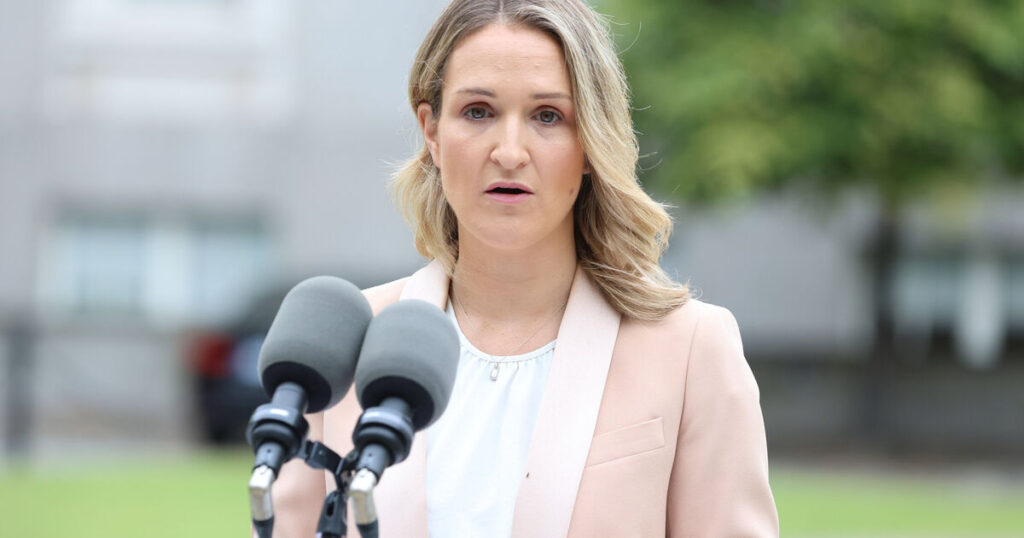Survivors’ groups have welcomed a commission of investigation into the handling of sexual abuse in schools but warned that further delays to redress for victims could allow institutions to avoid accountability.
The commission follows a scoping inquiry last year that detailed almost 2,400 allegations of sexual abuse across more than 300 religious-run schools.
The soon-to-be-established commission will examine the handling of allegations, suspicions, and concerns of sexual abuse in all schools, including primary and post-primary.
It will also examine the handling of these complaints by religious bodies and State agencies, including the Department of Education, the HSE, and An Garda Síochána.
Announcing the establishment of the commission, education minister Helen McEntee vowed that the institutions and religious orders “involved in these awful crimes” will contribute to redress.
The State has a track record of failure when it comes to compelling religious orders to contribute financially towards victims.
Most recently, it emerged that just two of the eight religious orders linked to mother and baby homes offered to contribute to the €800m redress scheme for survivors.
Ms McEntee said more work is needed to decide how a redress scheme for victims of sexual abuse in schools is to progress.
“It’s very clearly the wish of survivors but what’s very clear also is that any redress scheme would be funded by the religious orders and by those who were accountable for the awful abuses which happened in our schools.”
This work will continue “in parallel” with the work of the commission and will focus on further examination of the religious orders.
“What funds they have, what assets they have, what levers may be used by government to ensure that funding is provided by those religious groups and orders,” Ms McEntee said.
This is being worked on by the Attorney General.
“It is important to stress that the preferred outcome here is that religious institutions and organisations would come forward,” she added.
Survivor advocacy group One in Four welcomed the move to formally approve a commission of investigation into the handling of child sexual abuse in schools across Ireland from 1927 to 2013.
The scale reflects the thousands of lives affected and the deep impact on families and communities for generations, according to One in Four chief executive Deirdre Kenny.
“We recognise the complexity of the commission’s work and what it represents for survivors and for Irish society,” she said.
“Examining how concerns were managed is vital for understanding past failures and building a safer, more accountable future for all children.”
Concern around redress delays
However, the group also expressed concerns about further delays to redress for victims.
“While we appreciate this is complex, survivors have shown immense resilience and patience. Therefore, we are concerned about any further delay.
“Delays disadvantage survivors and may allow institutions to avoid accountability and responsibility,” said Ms Kenny.
The commission is set to run for the next five years, and will cost “tens of millions”, Ms McEntee said.
Earlier this year, Taoiseach Micheál Martin said there is a need to “fundamentally reflect” on costly and lengthy commissions of investigation which come up with “deeply unsatisfactory” findings.
Mr Martin was speaking after the publication of the Farrelly Commission report into the ‘Grace’ foster home case, which took eight years at a cost of €13.6m so far, with the final bill set to top €20m.
The commission published its 2,000-page report into the case in April.
The report was subsequently roundly criticised by whistleblowers, Ireland’s Special Rapporteur on Child Protection, and across political parties.
– If you are affected by any of the issues raised in this article, please click here for a list of support services.


